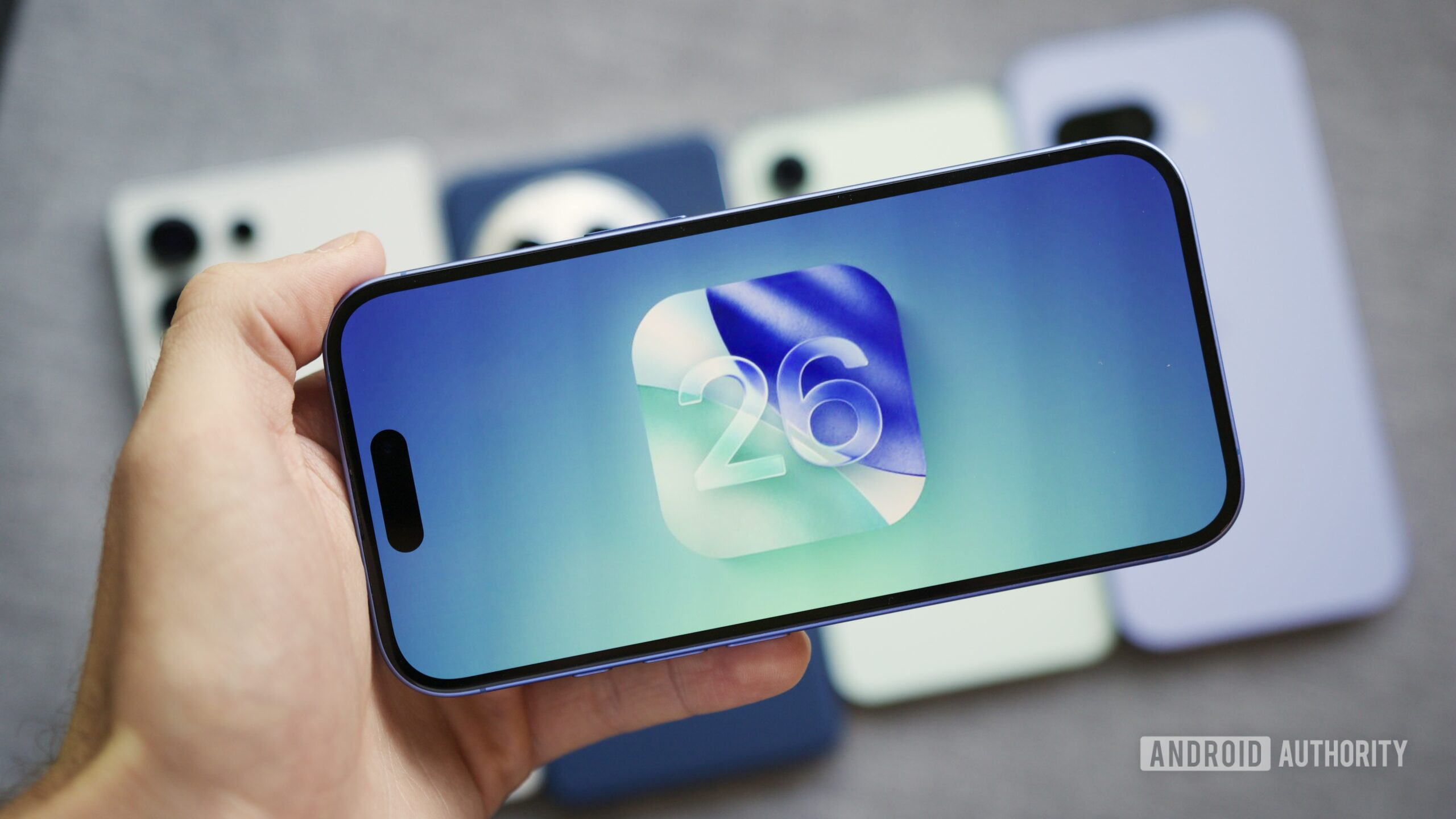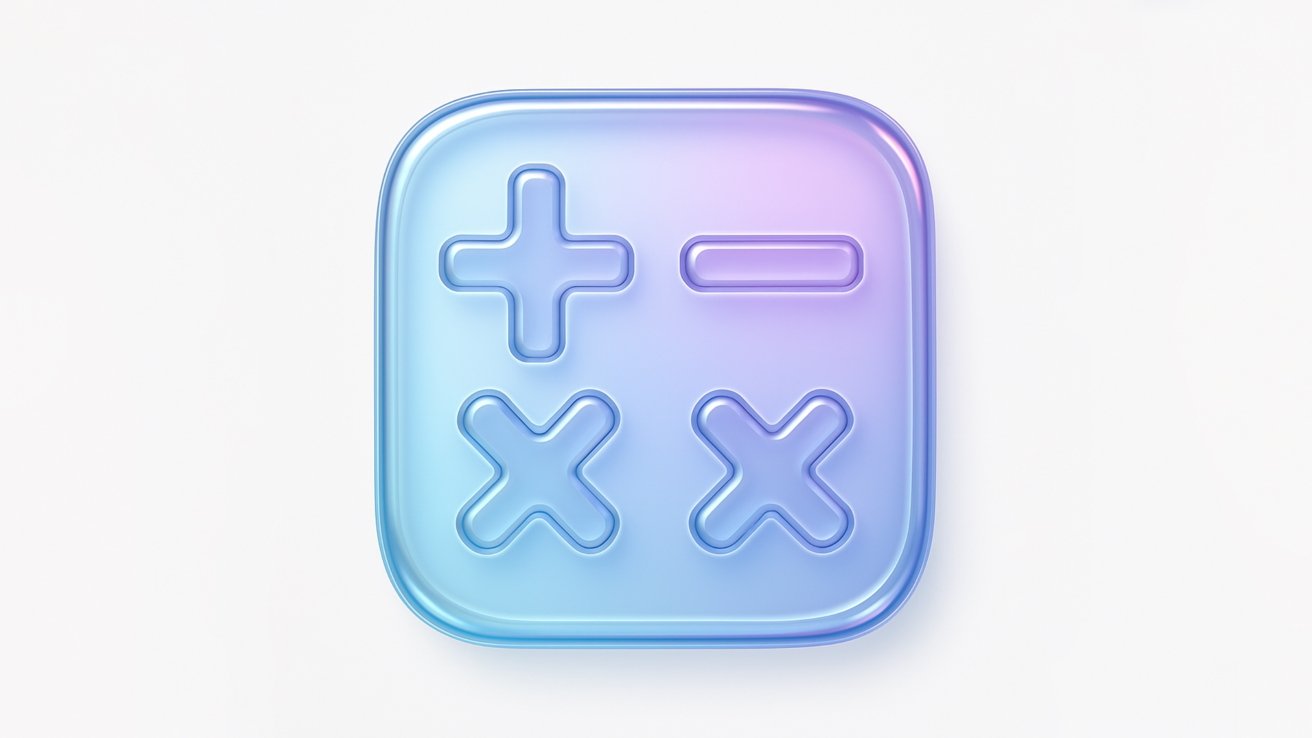Would you pay $2,300 for an iPhone? Some analysts think this number could be possible in the wake of President Donald Trump’s sweeping tariffs.
An analyst from Rosenblatt Securities tells Reuters that the incoming tariffs could increase the cost of producing iPhones, which are mainly manufactured in China, by up to 43%. This means an iPhone 16 Pro Max, which currently tops out at $1,599, could now retail for almost $2,300—but only if Apple passes all the extra costs on to consumers. Meanwhile, the more affordable iPhone 16e, launched in February, could jump from $599 to $856.
Apple, one of the world’s most profitable companies, could absorb the cost or relocate factories—a process that could take years. Apple’s other manufacturing hubs, Vietnam and India, will also be tariffed at 46% and 26%, respectively (though Vietnam is trying to reduce that).
This Tweet is currently unavailable. It might be loading or has been removed.
Angelo Zino, equity analyst at CFRA Research, tells Reuters that Apple will have a tough time passing on more than 5% to 10% of the increased costs to consumers. “We expect Apple to hold off on any major increases on phones until this fall when its iPhone 17 is set to launch, as it is typically how it handles planned price hikes,” he says.
On X, analyst Ming-Chi Kuo argues that “India and Vietnam are far more likely than China to secure US tariff exemptions, [which] would speed up Apple’s shift of assembly orders away from China until non-Chinese production can satisfy most US demand.”
Kuo says Apple has “multiple options” in the US, where its high-end iPhones account for 65-70% of new model sales. “High-end consumers are relatively more accepting of price increases,” he says, and Apple could try things “like increasing carrier subsidies or cutting Trade-In program discounts to offset tariff costs while softening the perception of price hikes.”
Apple could also push suppliers for lower costs, Kuo suggests. But beyond the impact to Apple’s bottom line, the tariffs could weaken consumer confidence and lead to people hanging on to their iPhones for longer stretches between upgrades.
Recommended by Our Editors
Overseas, iPhone buyers already pay a premium, particularly in Turkey. Last year, shoppers in Turkey and Brazil had to fork out $3,400 and $2,800, respectively, for an iPhone 15 due to high import taxes on foreign electronics.
The iPhone isn’t the only popular gadget potentially impacted by tariffs. Nintendo recently delayed the start of Switch 2 preorders so it could “assess the potential impact of [Trump’s] tariffs and evolving market conditions.” And The Financial Times estimates the Switch 2 could cost more than $449.99 given that it’s manufactured in Vietnam and Cambodia (the latter faces a 49% tariff).
Get Our Best Stories!
Fully Mobilized
By clicking Sign Me Up, you confirm you are 16+ and agree to our Terms of Use and Privacy Policy.
Thanks for signing up!
Your subscription has been confirmed. Keep an eye on your inbox!
About Will McCurdy
Contributor











